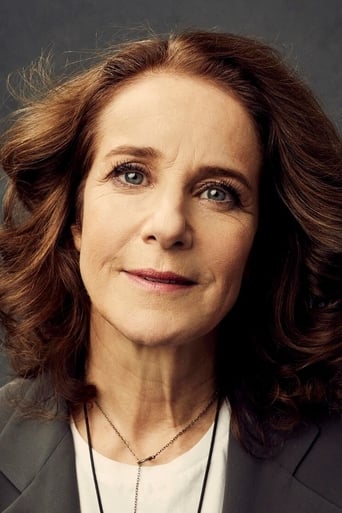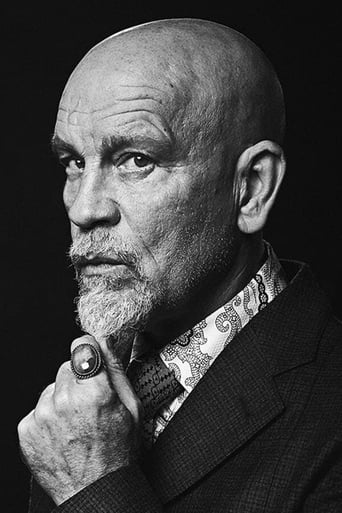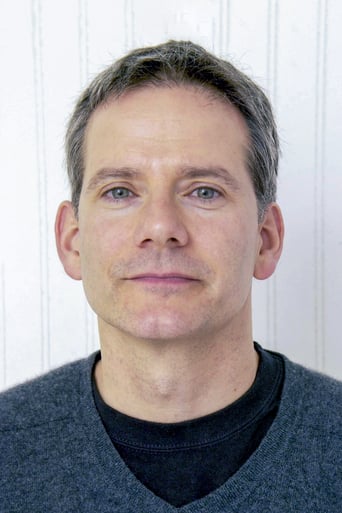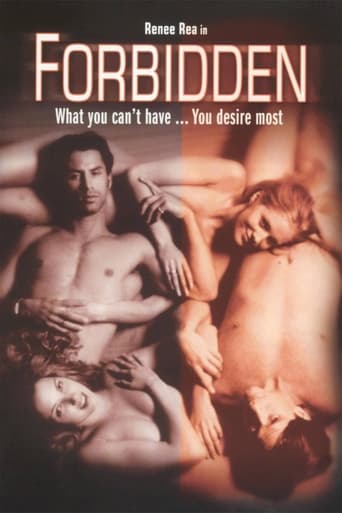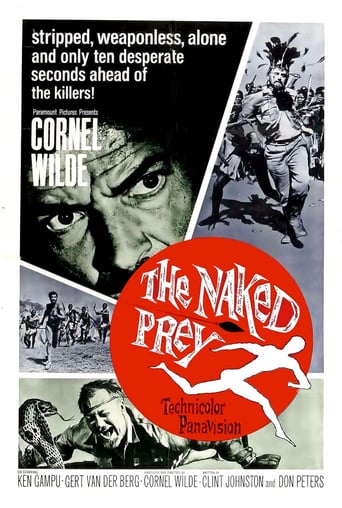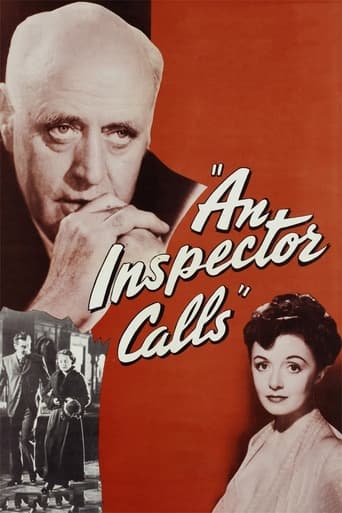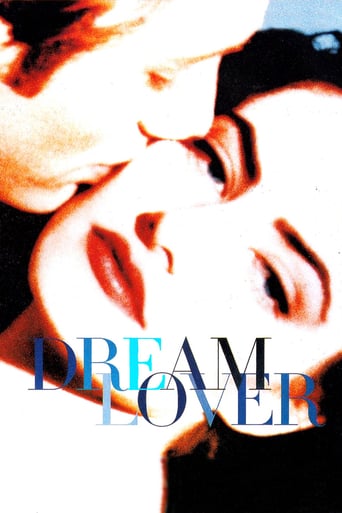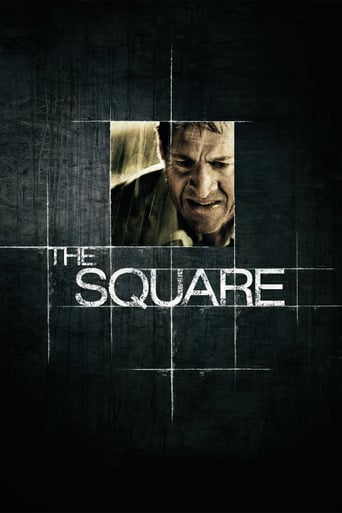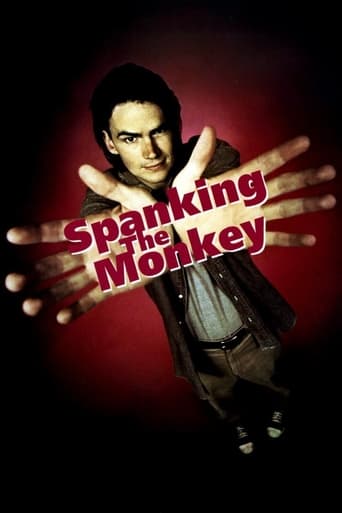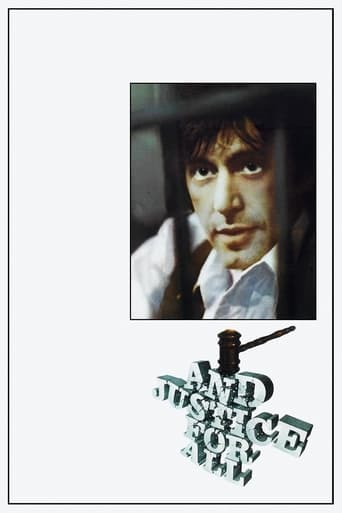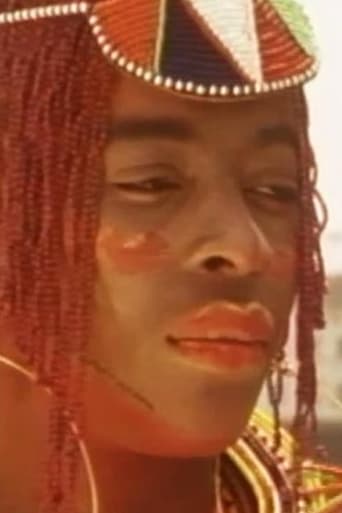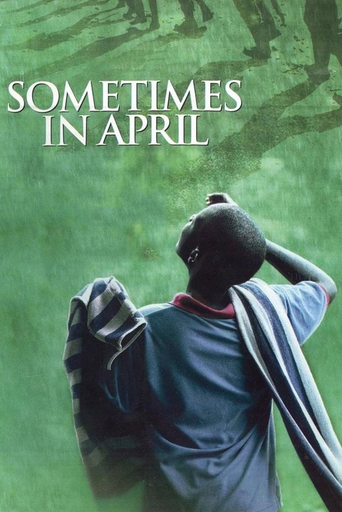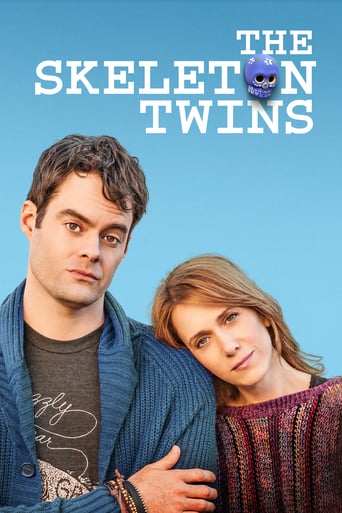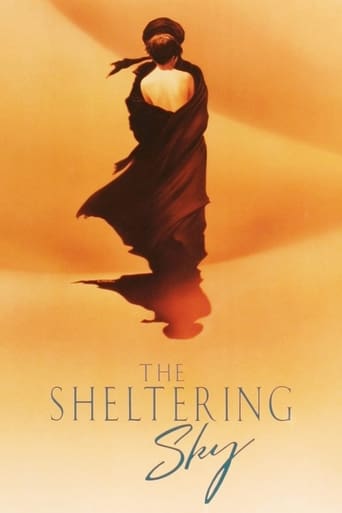
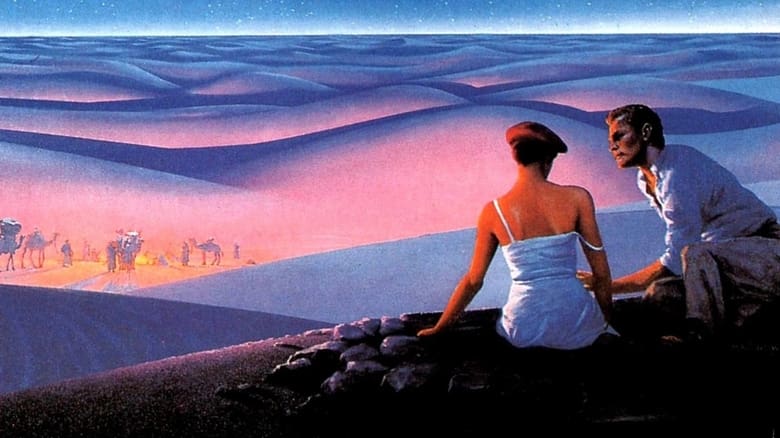
The Sheltering Sky (1990)
An American couple drift toward emptiness in postwar North Africa.
Watch Trailer
Cast


Similar titles
Reviews
I discovered this film very recently and very soon after my first reading of the book. The book impressed me greatly, and the film too in other ways. The beautiful prose of the book is replaced by the beautiful cinematography, and wonderful soundtrack. The scenery is some of the most impressive I've seen, and authenticity appears in every shot. Acting is superb throughout, and all nicely controlled and even understated. From a fairly dense book there is of course there is a great deal to condense and there is much omitted, which might make it difficult for people who have not read the book to follow the progress of the central pair of characters. On the other hand, if you have read the book, you might be disappointed that many of the significant points are missing. But if you know the story and are prepared to accept this, you might be in for a real treat.
Ultimately, The Sheltering Sky is too long; a film that wears out its welcome when it removes, for its third act, what made it so interesting for its first two. This is before stripping its resources bearer still for the very final few dozen minutes when further dynamics and characters are removed thus killing it off even more. One senses Bertolucci should have pulled the plug earlier than he did, some time before we're left with hanging shots of the intense African desert and those that inhabit it; the likes of whom the lone central character still left in the film falls in with, someone who then somewhat oddly comes to find a degree of liberation once this has happened. It isn't a bad film by any means, quite the opposite. For the most time, it's engrossing; a film about a relationship being strained and tested in an equally testing climate and locale, but when it decides to remove its love rival to this central tryst, the thematic flags; when the comic relief is removed in equal turn, Bertolucci is no longer able to demonstrate his acute ability to switch from tone to tone. The film falls as a result; the performances take over, the thing becomes an acting piece more-so a directorial piece: the marriage has been studied, played out and depicted - what we're left with is not as interesting.The scenario of matrimony in question is shared between Americans Port and Kit Moresby, played respectively by John Malkovich and Debra Winger. They are two people who arrive in a dusty, French speaking North African nation by boat from, what we assume from the use of found footage during the immediate opening, the city of New York. They do not see themselves as "tourists" in as much they see themselves "travellers", but such a challenging of a specific definition between two things, of which may as well mean the same thing anyway, essentially sets up the gradual unravelling of the marriage via the same intrinsic thing: the ambiguity over the definitions of whether Port and Kit any longer enjoy one another's presence. They are visiting this place with a friend called George Turner (Scott), a man whose presence threatens to wreck the Moresby's time here in so much Kit appears to take to him and Port is mostly suspicious of them as a pair.Propping up proceedings is a middle-aged Englishman named Eric (Spall), who's in and around our centred triangle with his mother, played by Jill Bennett: a professional travels guide writer and comic relief: "Spain!" she bellows. "Nothing but soldiers, priests and Jews!" Upon arrival, the Moresby's attempt to create share sort of intimacy is ruined when Kit brings up Turner and speaks well of his features. Things are not aided during this early awkward time when the general intimacy of the hotel is as prominent as it is, and Port feels the need to frequent a sex worker out of his frustrations born out of Kit's actions. Further distrust appears when both individuals take differing routes to a new hotel, a place to stay deeper still into this territory which gradually becomes more and more barren and away from any sort of urban congregation. Their scenes of philosophising and love making play out to a musical score consisting of a drum more broadly resembling a funeral death march, reiterating the potential their bond has to wreck itself.There is genuine room to enjoy the film as this piece of cinema depicting a love triangle as those involved trek across the unforgiving Saharan desert, and Bertolucci does well to correlate the people doing the mileage as the marriage itself struggles with the burden. There isn't much behind revealing that Turner and Kit do indeed connect with one another to an extent that would be thoroughly detrimental to any marriage should what transpire transpires here. The suspicions and such Port has for these two never explodes into anything overtly melodramatic, in fact we enjoy the film's maintain of it as this simmering object: never allowing for immediate, obligatory dramatic resolution as one party goes mad at another over things we're already aware of for meek domestic, dramatic kicks; something that would render it more reminiscent of a soap opera than this sweeping, period set, a million-miles-from-home desert-based piece.Later on, when Turner is removed from the film, the weight of this distrust and anxiety can only carry the film for so long. As mentioned, one senses the film wearing out its welcome as thematic and dramatic concentration are substituted for a more wandering; less congealed procession of sweeping Saharan compositions and the strength of the performances. Bertolucci's direction is assured; someone who really grounds out this atmosphere wherein events are moving slowly and we trudge through this hot, lazy place with this marriage additionally appearing to do likewise; this is without the film ever really feeling as if it too is doing the same. No doubt the film will displease some, but this is worth sticking out in the long run – it's just a shame one has to use a term along the lines of "long run" in the first place.
So what's it about ? Ahh, it's about how the world after WW2 is going to be without love. No. It's about the woman being treated unfairly in the west and the east. No. It's about the human being who can't find love yet; namely the desperate moment of living lonely whether with a dying educated who stopped making love, or a stud uncivilized who doesn't stop making love! At any rate, IT'S UNBEARABLE FILM. So it doesn't have the slightest ability to make me interest in whatever it says ! I didn't find anything interesting at all. I hated to see (Debra Winger), one of her generation's best actresses and beauties, in wasted time like this. The sufferance of her character was incredibly overmatched by ours during the watching. The pace is dead with nothing going on and long shots for the dark deserts. (Bernardo Bertolucci) fell in such a ridiculous love with the Arabian nights, shooting the moon from maybe 90 angles (these shots, great basis for tourist calendar, are really the only thing here to call perfect!). I bet he originally wanted to make a movie about the east's magic and vagueness (his east's magic and vagueness), however with the totally wrong material.I don't need to say that this is the meanest place to meet Arabian characters. They're all : pimps, thieves, whores, sex maniacs, mad women; it tells you a lot about who were the persons that the author went to meet in his trips for the east, if there was any !On the other hand the western characters are badly portrayed too. The old lady, her pathetically gay son, ..etc. But anyway, if this film wanted to show an ugly world then it did, but for what purpose ?!! If it was about the search for satisfaction as endless, then it's where I was eventually unsatisfied indeed ! There is something to be said, however it's shatteringly said. By the way, it has no end. I mean it's not good or bad, it's not even there. And yeah, the appearance of (Paul Bowles), the author of the book, at the end is one of the most embarrassing moments in the history of cinema; I believe the film didn't demand to be more surreal !Some might see that (Bertolucci) is a genius. After watching some of his works, I don't. In fact he's far from being one. There is lust and loss in his films, but mostly a lust for the loss of any good meaning or art along the way too !In general, a good story it ain't. A soft porn it strongly aspires after. An arty film about alienation it could be, yet so heavily done. Now, let me depose my objective alter ego to declare it frankly; whether it's (The Sheltering Sky), (Tea in the Desert), or even (The Sheltering Tea) it ended up as boring and worst of all pointless. It's not "I hate this film", rather "this is a film to hate" !P.S: While the film takes place in north of Africa during the 1940s, at one moment we hear in the streets an Arabian song by the great Egyptian composer/singer (Mohamed Abd El-Wahab), it's "Min Ger Leeh" or "Without Why" which actually belongs to the year of 1990, being the last one he ever sang!
The quote by the Narrator about life and death is also spoken by Brandon Lee in his final interview which was featured on one of The Crow DVD. I don't remember the edition or if it was deluxe or limited or whatever. The odd thing is that Brandon Lee speaks as if they were his own words without quoting the source, but having seen The Sheltering Sky and remembering that I knew where it was from. I don't know why Brandon Lee did not indicate where he got it from. The fact that he said it just before he died makes it seem like he knew or had some prophetic vision that it was his time to go. I wonder.... If anyone has that DVD that contains that interview, please review it. I no longer have the copy so I cannot review it, but I am pretty sure that he does not give credit to his quote. I am surprised that no one has mentioned this either on The Sheltering Sky page, nor on The Crow page.


